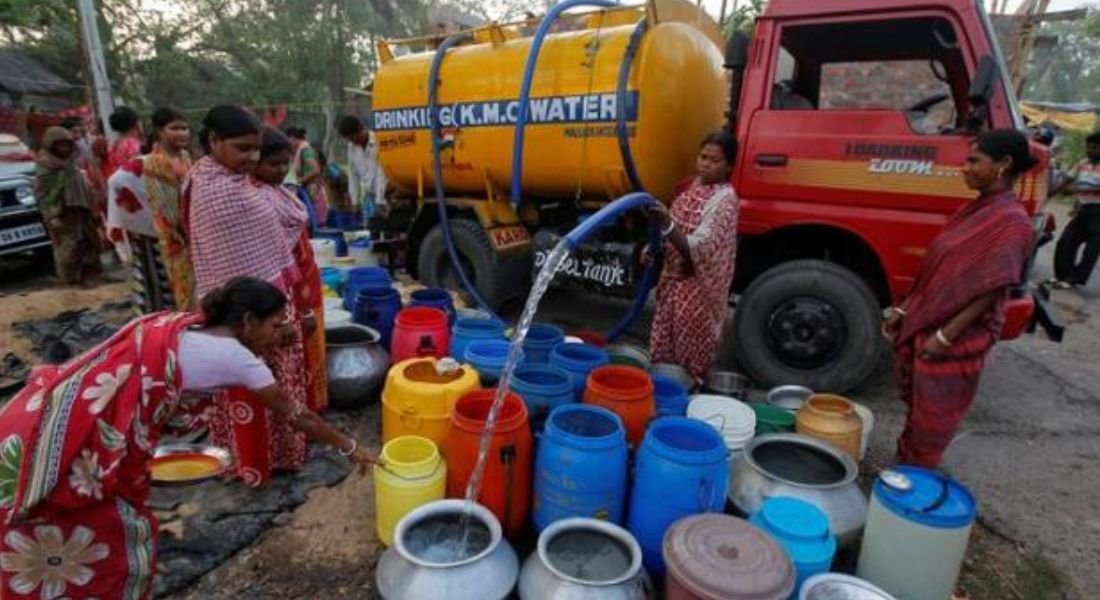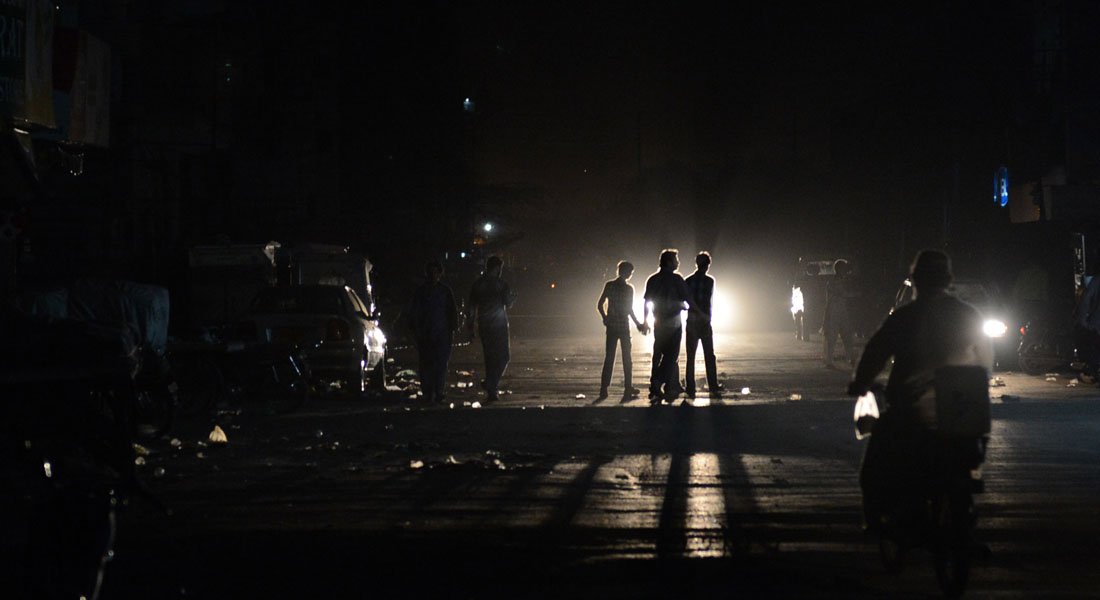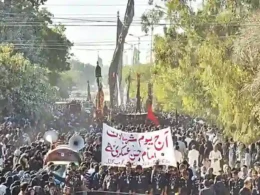A recent report by the Asian Development Bank (ADB) has revealed alarming statistics regarding water management in Karachi, with an estimated 35 to 58 percent of the city’s drinking water lost due to theft and leakage. The report underscores the severe implications of this wastage in a rapidly growing urban population, and the urgent need for comprehensive policy reforms.
Water Wastage in Karachi
Karachi, Pakistan’s largest city, faces a critical water crisis exacerbated by rampant theft and infrastructure leakages. According to the ADB report, nearly half of the drinking water supplied to the city is either stolen or lost through leaks in the distribution network. This significant loss not only jeopardizes the availability of safe drinking water for millions of residents but also highlights the city’s fragile infrastructure.
The report suggests that the inefficiencies in Karachi’s water management are part of a broader issue affecting urban centers across Pakistan. With the city’s population continually on the rise, the strain on existing infrastructure is intensifying, leading to a situation where essential services are increasingly inadequate to meet the needs of the residents.
Growing Population, Shrinking Resources
The ADB report paints a concerning picture of Karachi’s future, particularly in light of the rapid urbanization and population growth. The city’s population explosion is leading to a substantial increase in demand for basic services, which the current infrastructure is ill-equipped to handle. This shortfall is not limited to water supply; it extends to housing, education, healthcare, and other critical urban services.
By 2030, Pakistan’s urban population is expected to soar to 99.4 million, with Karachi playing a pivotal role as an economic powerhouse. However, the report warns that without immediate and effective urban planning, the city could face severe shortages in food and housing, alongside ongoing challenges in water supply.
Economic Contributions and Governance Shortfalls
In 2018, Karachi contributed 15% to Pakistan’s GDP and accounted for 55% of federal tax revenues. The report highlights the significant economic role of Karachi and other major cities, which collectively contribute 95% of federal taxes. However, despite these contributions, the report criticizes the inefficacy of governance at the provincial and local levels in improving urban services.
The ADB report attributes part of this governance failure to the aftermath of the 18th Amendment, which devolved certain powers to provinces. However, the provincial and local governments in cities like Karachi have struggled to enhance service delivery and infrastructure management effectively.
Urbanization and Housing Crisis
The rapid urbanization of Pakistan, as highlighted in the ADB report, necessitates the construction of approximately 350,000 new homes annually to keep pace with the growing population. The total housing shortfall is projected to reach 10 million units, reflecting the urgent need for housing policies that can accommodate this demand.
Furthermore, the report foresees a bleak future in terms of water scarcity. By 2040, Pakistan is expected to be ranked 23rd among the most water-scarce countries globally, with 43% of the urban population struggling with inadequate access to safe drinking water. The situation in Karachi, where a substantial portion of water is wasted, exemplifies the severity of this impending crisis.
Recommendations and Future Outlook
To address these multifaceted challenges, the ADB report recommends the development of a comprehensive urbanization plan spanning 10, 20, and 30 years. The plan should focus on enhancing municipal services through public-private partnerships, improving infrastructure, and implementing effective governance at the local level.
The report also emphasizes the need for provinces to take decisive steps in enforcing the Local Government Act, which is critical for empowering local bodies to manage urban services efficiently.











